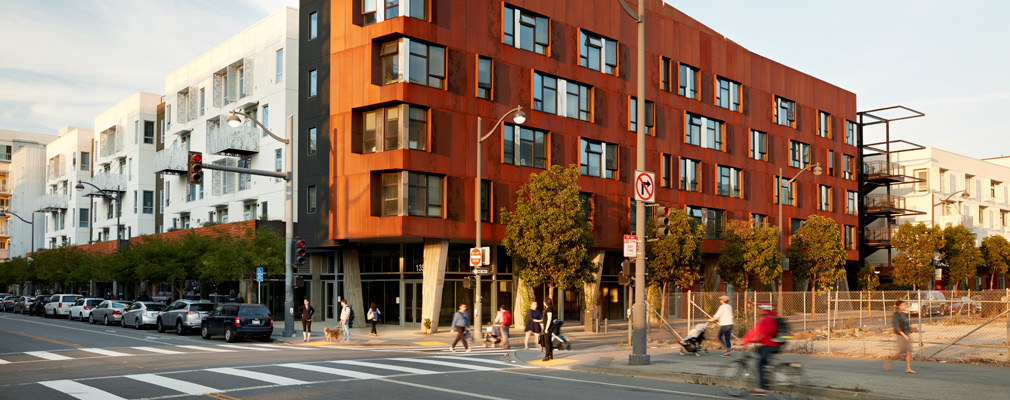
San Francisco: proposed Affordable Housing. (Photo: HUD.gov)
Coronavirus Spread in High-Density Cities Halting Proposed More Density Housing Measures
Current bills and local plans losing support over highly visible drawbacks in pandemic
By Evan Symon, April 4, 2020 2:17 am
Many California lawmaker plans to increase the number of high-density building to alleviate the housing crisis have lost much support in the last month due to the effects of COVID-19 coronavirus in populated areas.
“California dodged a huge bullet”
“We’ve seen the reports of buildings in New York that have been flooded with people infected by the coronavirus because of how many people were inside,” explained Dr. Arthur Chatterjee, a housing density expert who has been monitoring the number of coronavirus cases in dense buildings in the US, UK, and India. “It’s what led to higher numbers in Iran as well. And we’ve been finding them to be time bombs inside each one.”
“Door handles are touches, lift buttons are pushed, people pass by closely, live next to each other closely, and also share things such as laundry facilities. In a public area, with precautions, it’s spread much more thinly if it all. But in a flat or an apartment complex, we’ve seen story after story like that.”
“California dodged a huge bullet. If they had them, cities like San Francisco and Los Angeles might have been like New York by now. We’ve all seen the curves by this point. Buildings with a lot of people have been a large factor in that.”
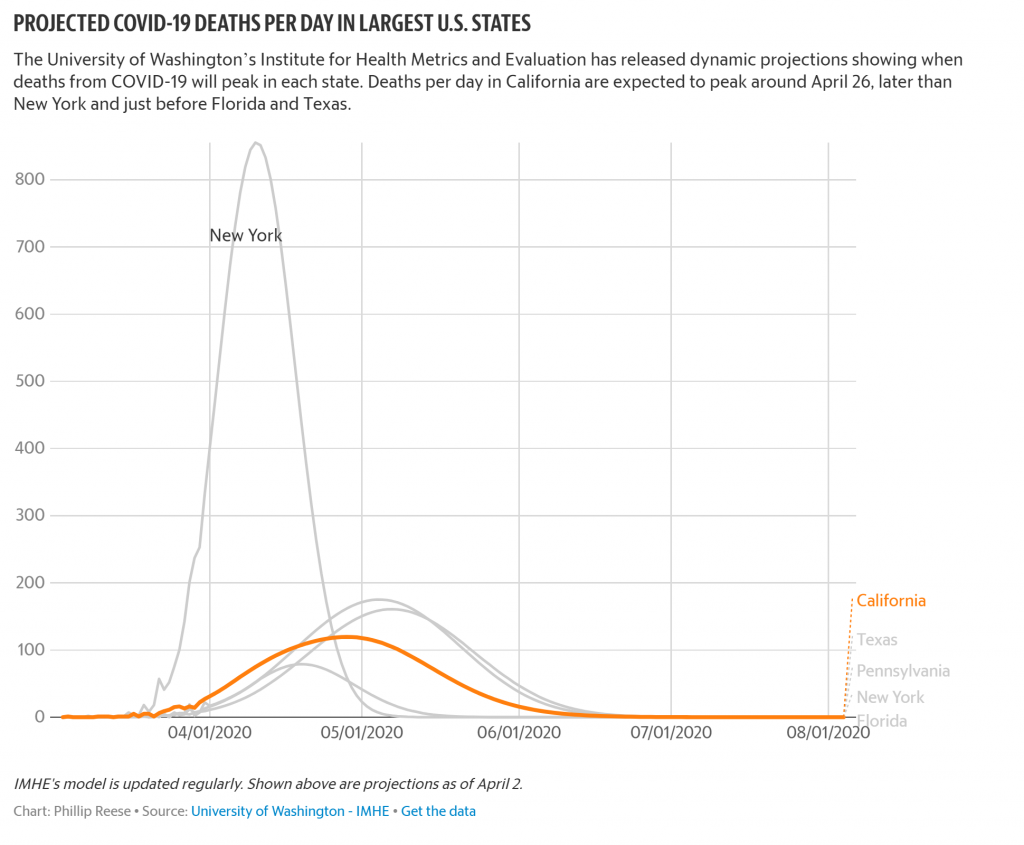
California low-density buildings and spread have helped reduce coronavirus spread
As the New York Times put it, ‘Density is really an enemy’ in situations like this. And experts agree that California’s spread and lower density buildings helped diminish the coronavirus spread.
“Out here, we’re spread out,” said Dr. Lee Riley, professor of infectious diseases at the University of California Berkeley in an interview. “People use cars, the public transportation system is terrible. Whereas in New York City, you have the subways, the buses, Times Square, people living in your small apartment buildings.”
Proposed density bills in the California legislature such as the recently defeated SB 50 and the new housing density bill SB 902 have also been criticized by disease experts.
“Like I said before, you really dodged a bullet there,” continued Dr. Chatterjee. “If these had been in effect and those buildings were built, cases would be up. I cannot give you an estimate, but based on the fact that they would draw poorer people, who are much more likely to use public transportation and who have been hit particularly hard by Coronavirus, California would have had a lot more deaths by now and would be on track for a New York level of crisis.”
“I understand you have a housing crisis, but these are very disturbing ‘what if’ scenarios here. I agree you need more housing, but these are contagion traps in what was proposed here. I’d be shocked if people still thought this would be a food idea moving forward.”
Proponents of denser housing blame poor public health response

Supporters of denser housing largely remain undeterred by the coronavirus when it has to do with solving the housing crisis. Backers, such as SB 50 and SB 902 author Senator Scott Wiener (D-San Francisco), had even foreseen these arguments.
“Of course people will abuse the coronavirus pandemic for other political goals,” stated Senator Wiener in an interview for Politico. “Some of the anti-housing activists, there’s an undertone that it’s somehow unhealthy to live in a dense urban environment. I’m confident they’ll latch onto this.”
The Senator even pointed out that the pandemic was more of a public health issue rather than a housing density problem, using Hong Kong and Singapore’s generally low rates as examples.
“This contagion is not about whether you live in a densely populated area or a less densely populated area; it’s about whether you have a good public health response to a pandemic, and Hong Kong and Singapore had a fantastic response,” added Wiener. “The U.S. did not. It’s not because of density or lack of density, it’s because they did a good job and we did a bad job.”
Many health experts have agreed that many states and cities failure to act quickly did lead to a greater spread of the disease. California and other states like Ohio have been cited as examples of acting quickly to reduce the curve by having stay-at-home orders, although it’s not the sole factor for having overall fewer cases of coronavirus.
There is still debate over whether housing density or a public health failure is more to blame in places with higher numbers. Many who have studied the spread in New York and Italy have even gone to say that both were equally responsible. But the hit to denser areas in California has already been showing major effects to current denser housing initiatives.
Denser housing advocates losing support
“We’ve lost about half of our members since St. Patrick’s Day,” lamented Carlos Gomez Ochoa, who leads a Los Angeles group to pass denser-housing laws. “It’s not that they are out with the coronavirus. They’ve seen what the coronavirus has been doing to buildings we held up as models of what should be built.”
“One of our members has a sister in New York that lives in a high-density, low-cost building that was built only a few years ago. We always used this as to what LA should build.”
“We found out a few days ago that there are dozens of cases in that building alone now. And that’s just one example.”
“A lot of people left because they saw things like that. Our Facebook group had a lot of people leave and we had to downgrade our Discord channel recently because of the drop.”
“Every reason has been because of ‘seeing what a disease can do to these places’ or something similar.”
“Our sister group in Oakland saw a 40% drop, and another LA group we share things with is debating whether to continue on now because they lost so many members. Everyone is just seeing these denser buildings as death traps for them and their children.”
“We’ve been trying to tell people this is just short-term and that it’s good in the long run for housing, but they have been coming back with ‘What if something else like it comes?’ or ‘What if healthcare doesn’t improve? How will we be protected in places like these then?’. And I admit, I haven’t found the answers.”
“I may sound defeated now, but if this continues, the Nimbys are going to win.”
“We just didn’t know how fast a disease could spread in buildings we’ve been wanting for years.”


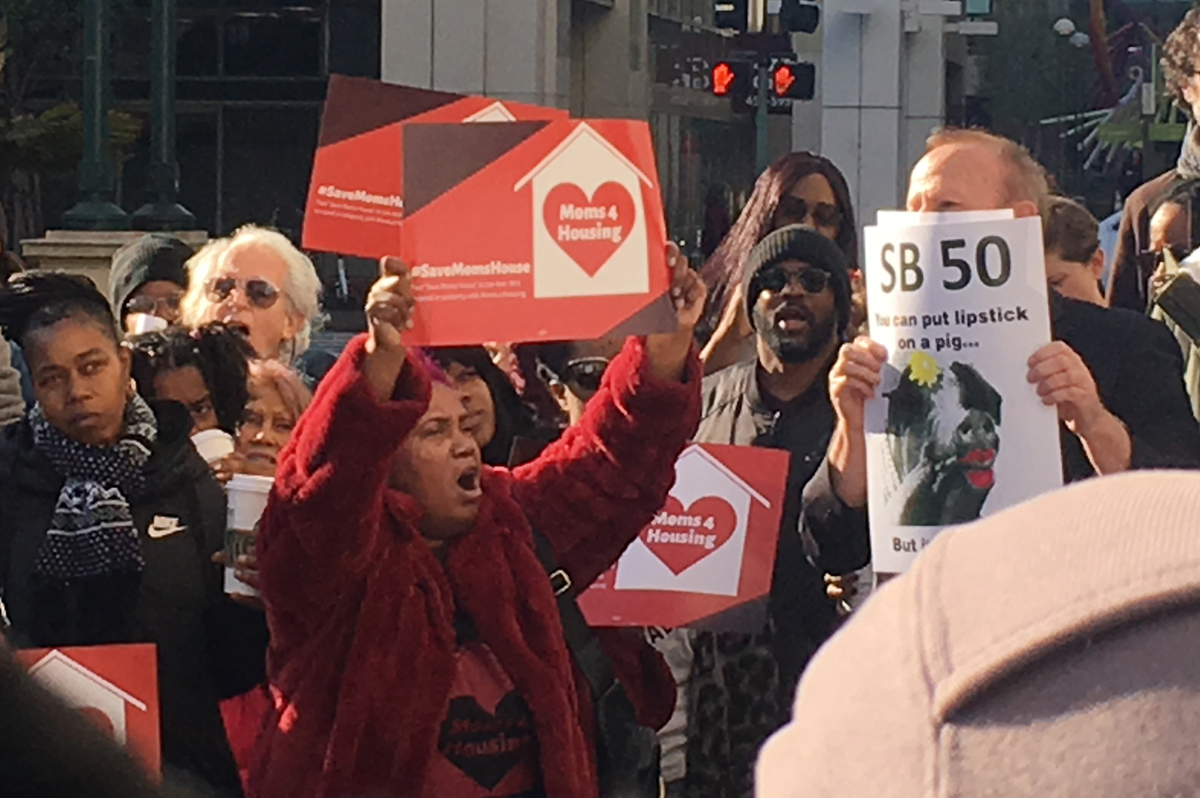
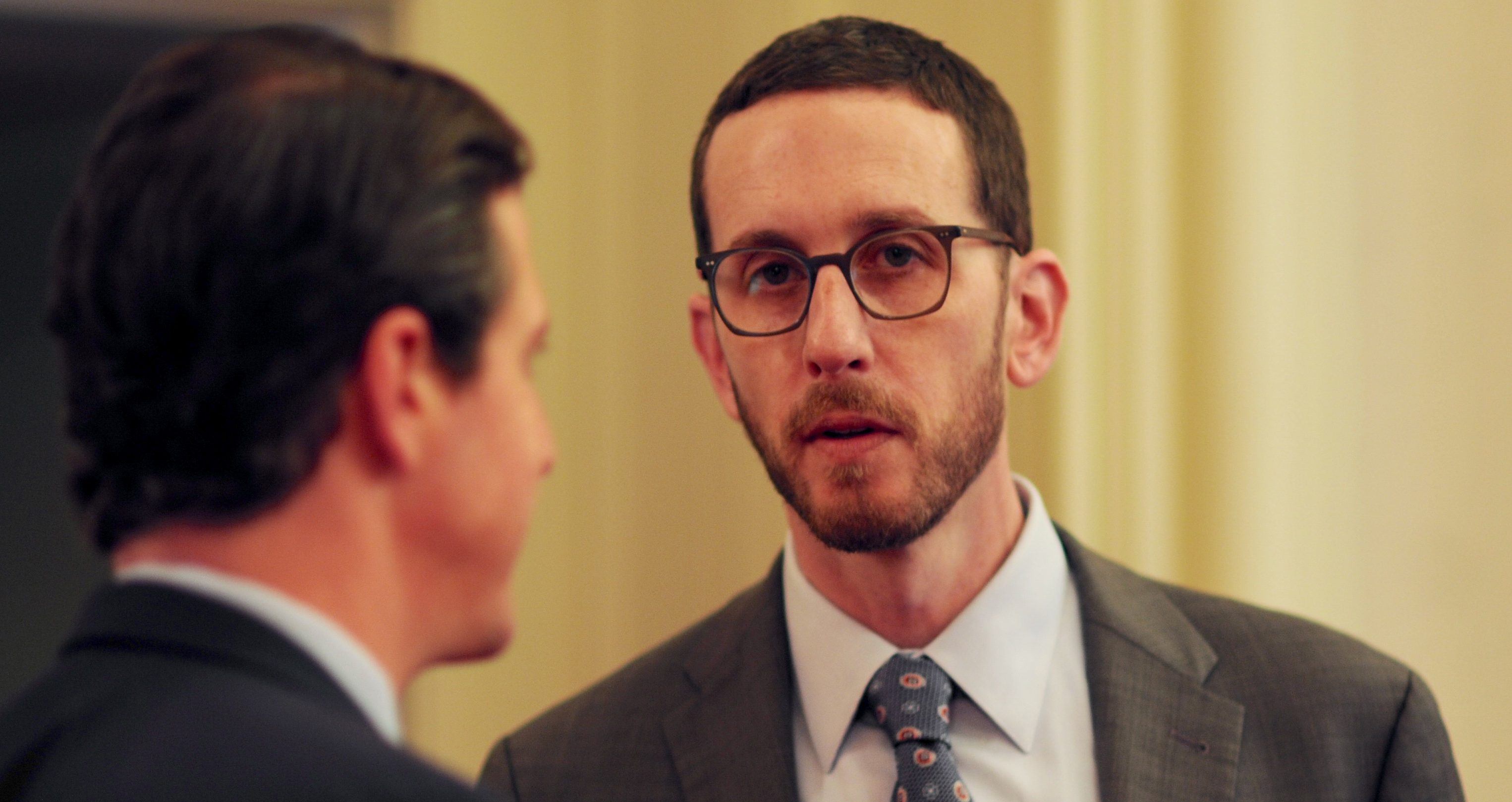
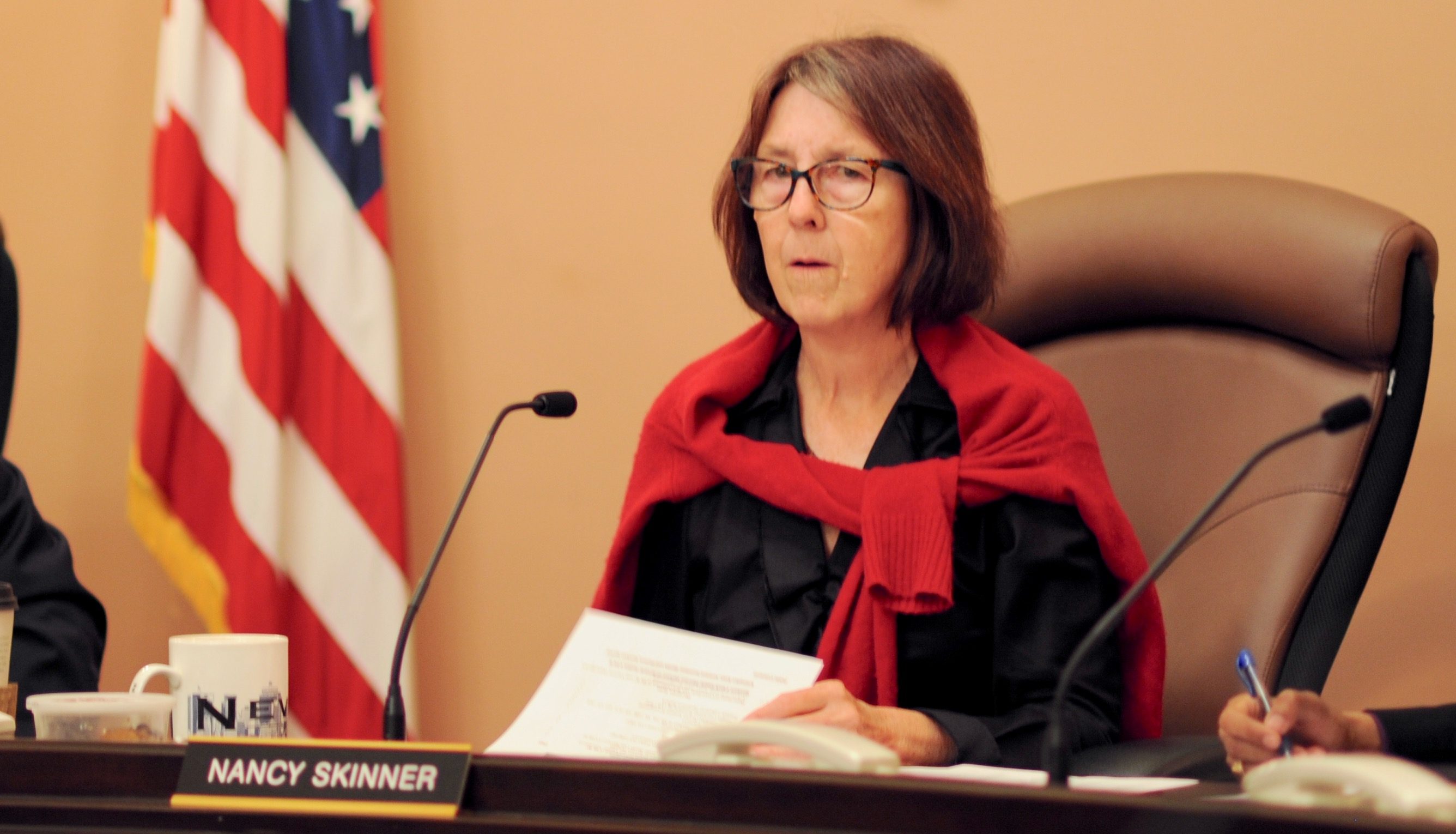



Great argument against high density housing and mass transit ! Those who argue for high density housing and mass transit use neither !
Interesting that it would be something unexpected — CV19 fears and the attendant hysteria that this crowd of agenda-drive Dems themselves helped to instigate — that would end up putting the brakes on this relentless nonsense that keeps rising from the dead even though no ordinary Californian wants it.
Well, IF the brakes work, that is, and it seems like they will.
Who would have thought?